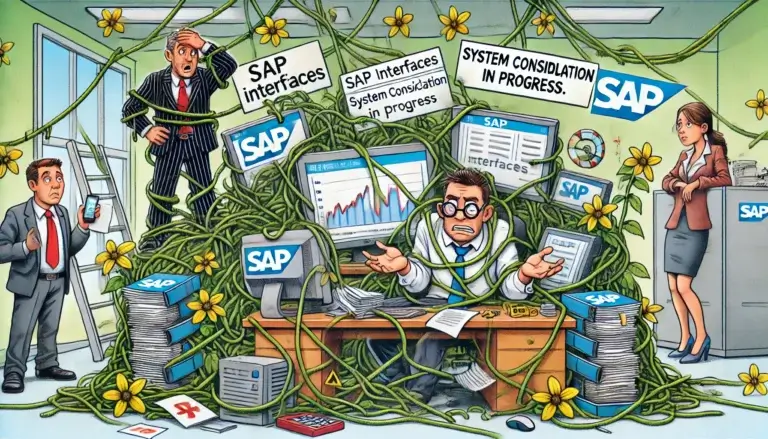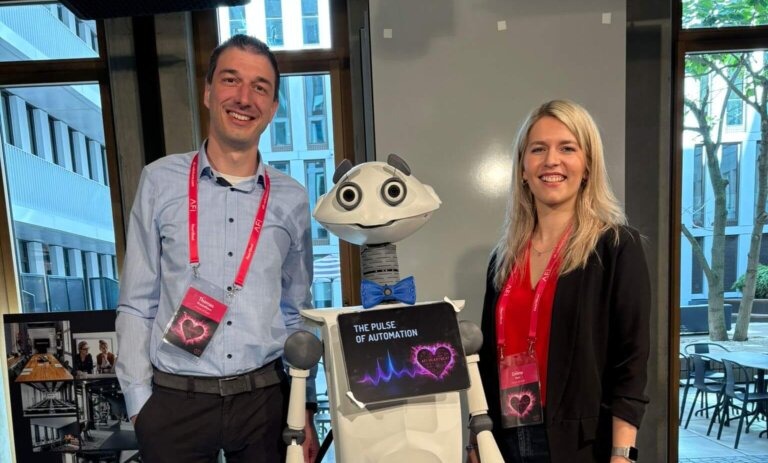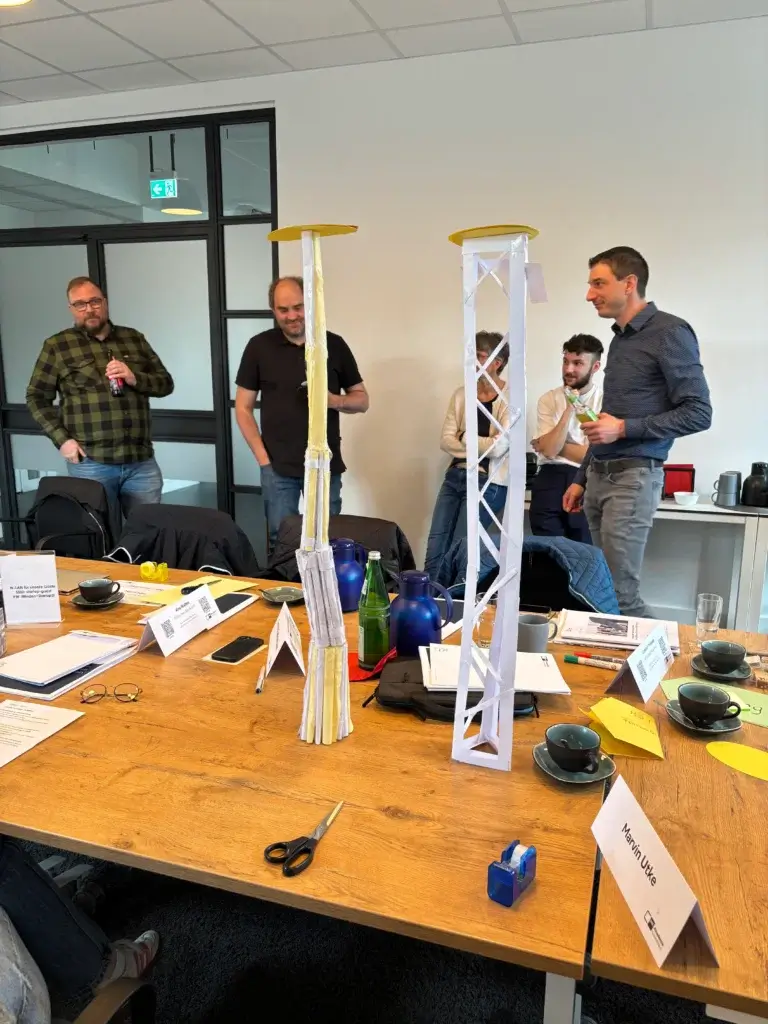As a retail group, getting various SAP systems under one central umbrella is no easy task. The integration of ERP systems poses numerous challenges that need to be overcome.
Large retail groups often have different SAP systems, which can be attributed to various factors. One major reason is the historical growth and the acquisitions of companies. Mergers and acquisitions lead to the addition of new business units that already use their own IT infrastructures and ERP systems - often in the form of different SAP versions. This heterogeneous system landscape leads to isolated data silos and makes it difficult to gain a uniform overview of all business processes.
Another factor is Regional and functional requirements. Different markets and business areas have specific needs that can lead to the implementation of different SAP modules or even independent SAP systems. A typical example of this is the Two-tier approachwhere a central SAP system is used for the Group headquarters, while separate systems remain in place for subsidiaries. This strategy offers companies a high degree of flexibility and adaptability to regional characteristics
In addition Different implementation dates further fragment the system landscape. Over the years, SAP solutions have been introduced at different times, leading to differing versions, configurations and processes within a group. This makes the integration and harmonization of systems considerably more difficult and makes overarching management more complex. In order to work efficiently in the long term, companies are therefore forced to regularly revise and adapt their IT infrastructure.

Effects on P2P processes (purchase-to-pay)
P2P covers the entire purchasing process - from the Order through invoice processing to payment. The consolidation of different SAP systems in this area entails the following changes:
1. harmonization of procurement processes
- Different Purchasing guidelines and workflows are transferred to uniform, Group-wide standards.
- Global purchasing contracts are easier to manage and use.
- Supplier relationships become more transparent and centralized.
2. centralization of master data
- Supplier master data is standardized so that there are no more redundant or contradictory data records.
- Automated validation processes reduce errors and enable better compliance control.
3. increased efficiency through process automation
- End-to-end digital workflows ensure the automated exchange of orders, invoices and payments.
- Manual processes and media disruptions are minimized, resulting in faster and error-free workflows.
Effects on O2C processes (order-to-cash)
O2C covers the entire sales process - from order entry to invoicing and receipt of payment. The merging of different SAP systems has the following effects here:
1. standardization of order entry and processing
-
- Orders from different channels and regions can be consolidated in a central system.
-
- Standardized pricing and discount structures facilitate the preparation of offers and pricing.
2. better transparency and real-time insights
-
- Sales and finance teams receive a standardized view of customer orders, payment flows and credit limits.
- Thanks to a central database, late payments and bad debts can be identified earlier and managed proactively.
3. improved financial processes and faster cash flows
- Invoicing and Dunning processes are standardized and automated, which improves liquidity.
- Close integration with P2P processes ensures more efficient coordination between Purchasingsales and finance department.
Our cross-departmental consulting for P2P and O2C processes
At Consult-SK GmbH, we understand the complexity involved in integrating different SAP systems. Our strength lies in cross-departmental consulting, particularly in the areas of Purchase-to-Pay (P2P) and Order-to-Cash (O2C).
Through our holistic approach we ensure that your business processes mesh seamlessly and run efficiently. We work closely with your teams to develop customized solutions that are precisely tailored to your needs.
NOTE: From our point of view, the third process exists "Purchase To Cash"when orders are placed centrally. For example, a corporate headquarters that purchases services for all franchisees. In this case, the head office is first the customer and then the supplier. We also have a helpful solution here: SplitUpDebit.






